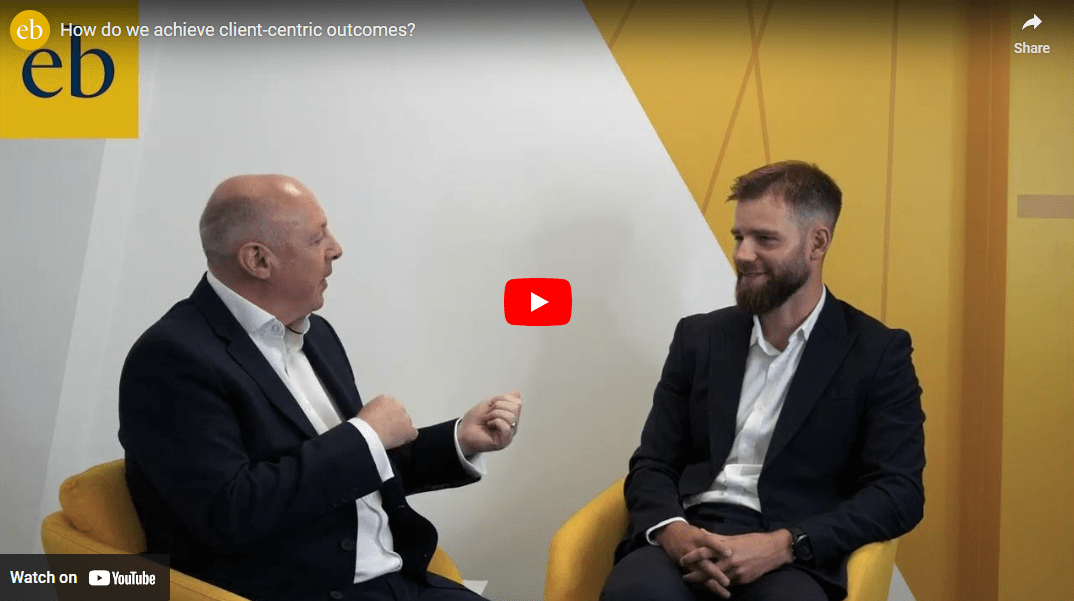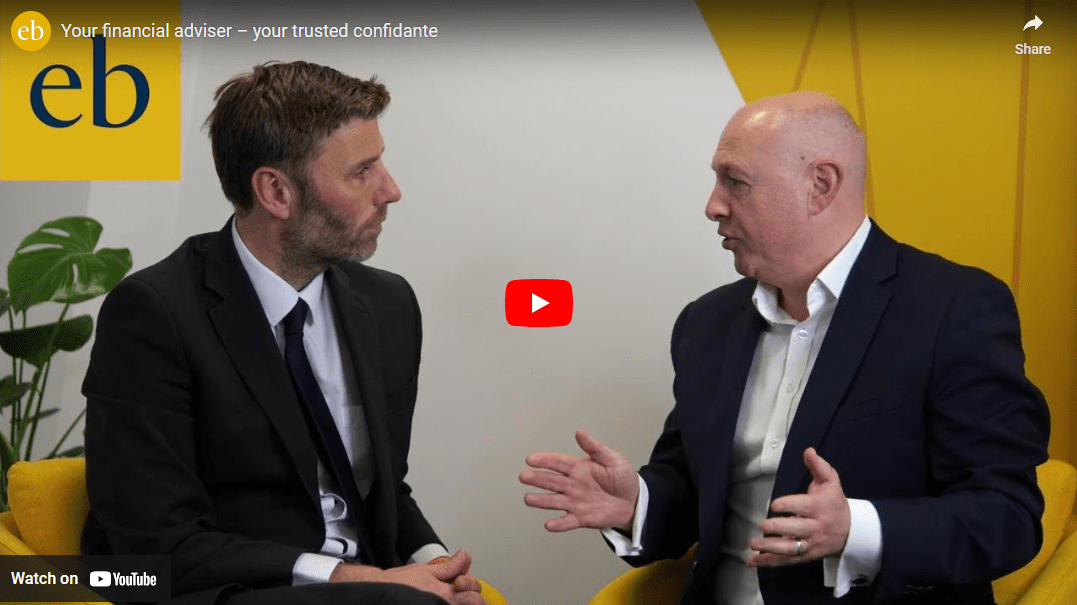Benefits of a cash flow forecast
https://www.ellisbates.com/wp-content/themes/osmosis/images/empty/thumbnail.jpg 150 150 Jess Easby Jess Easby https://secure.gravatar.com/avatar/70f816837c455030814d46a740cfc12d89893aaf8cbf8c8f8f59387d7b30ac08?s=96&d=mm&r=gThe benefits of cash flow modelling are forecasting your future finances. Cash flow modelling is a way of planning and analysing your financial goals and sits central to the financial planning process and is a powerful tool to help bring your retirement planning goals to life.





 Actionable steps to ensure you’re progressing steadily toward financial stability and independence.
Actionable steps to ensure you’re progressing steadily toward financial stability and independence.
 The perfect moment to take stock of your financial ambitions
The perfect moment to take stock of your financial ambitions




